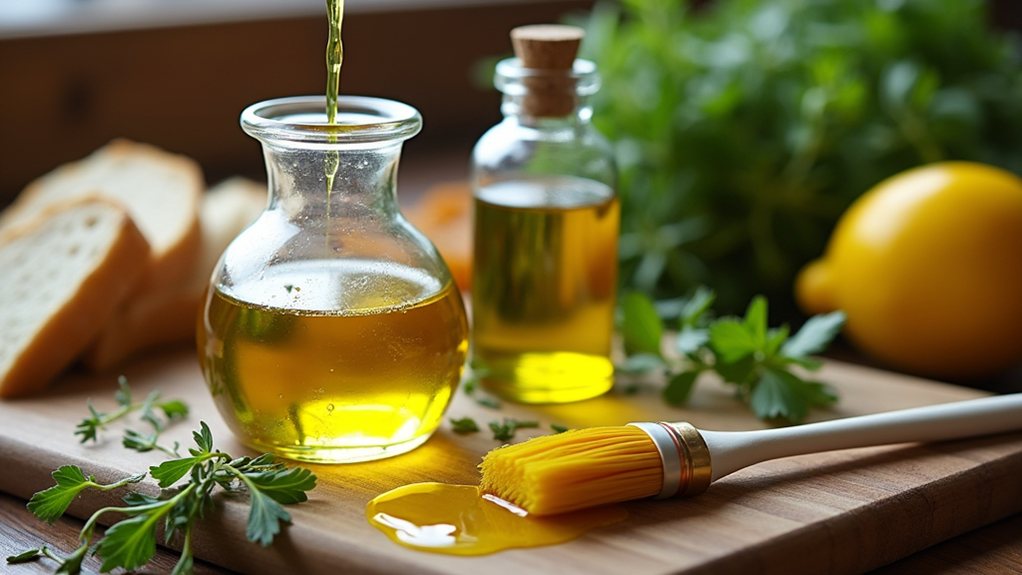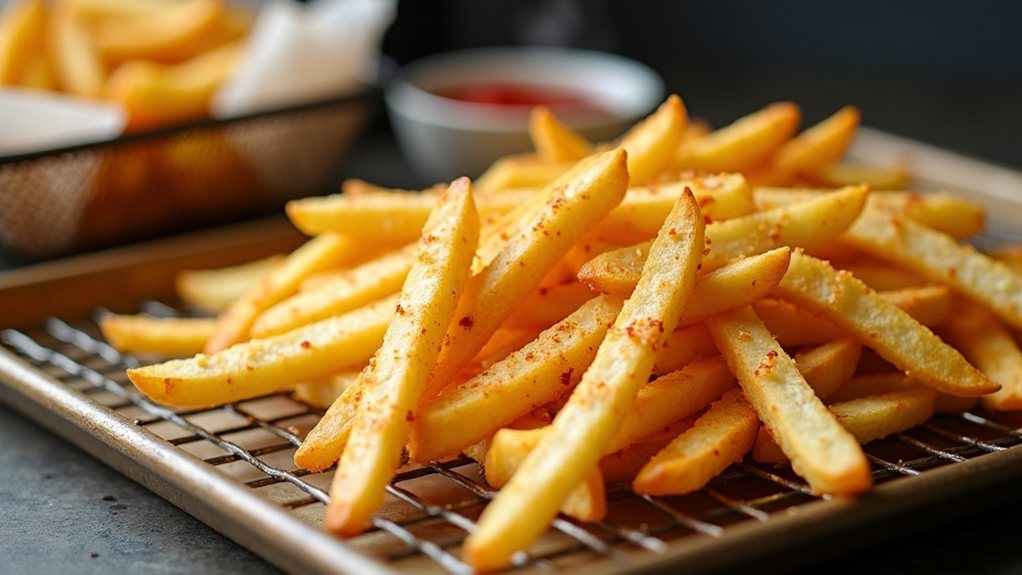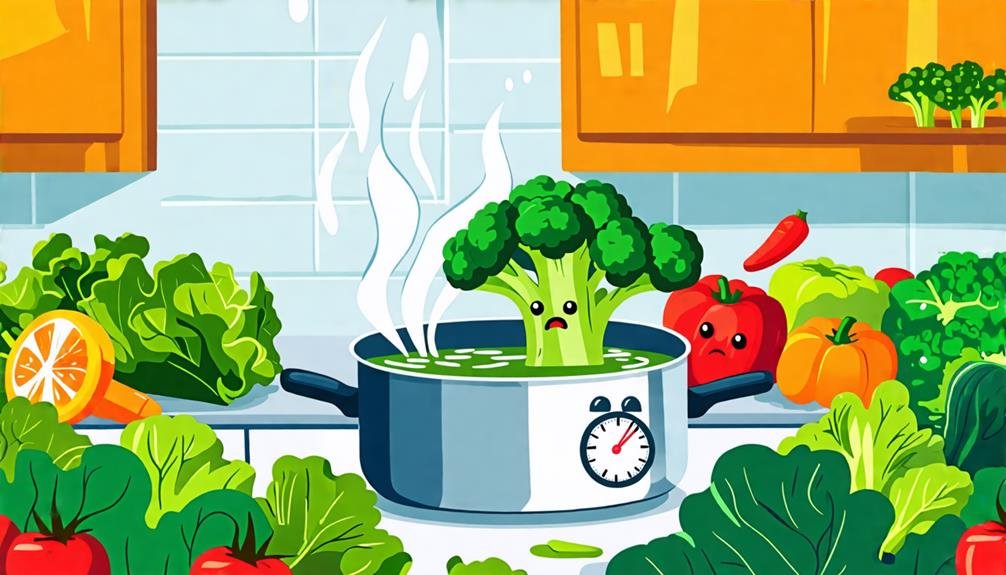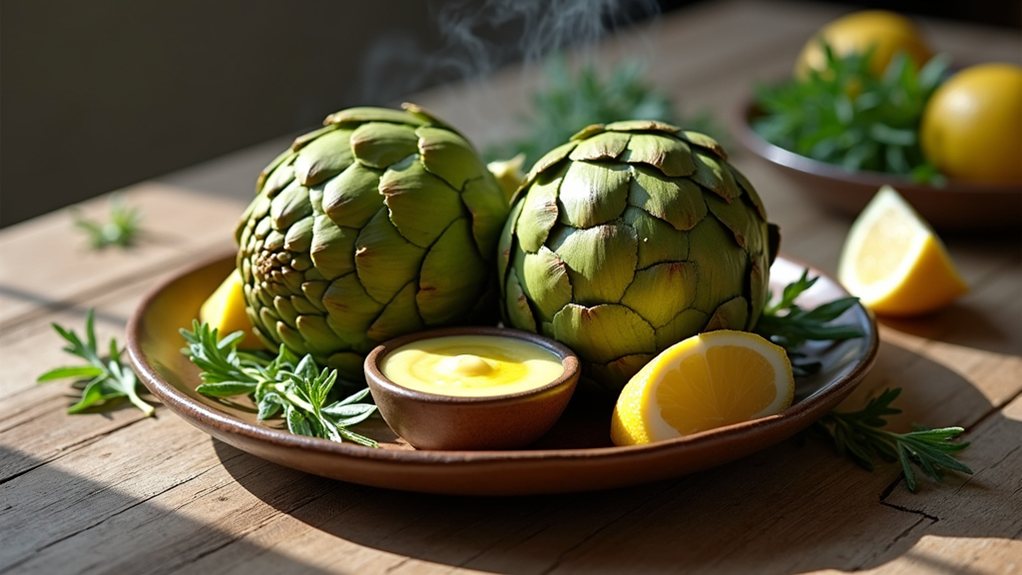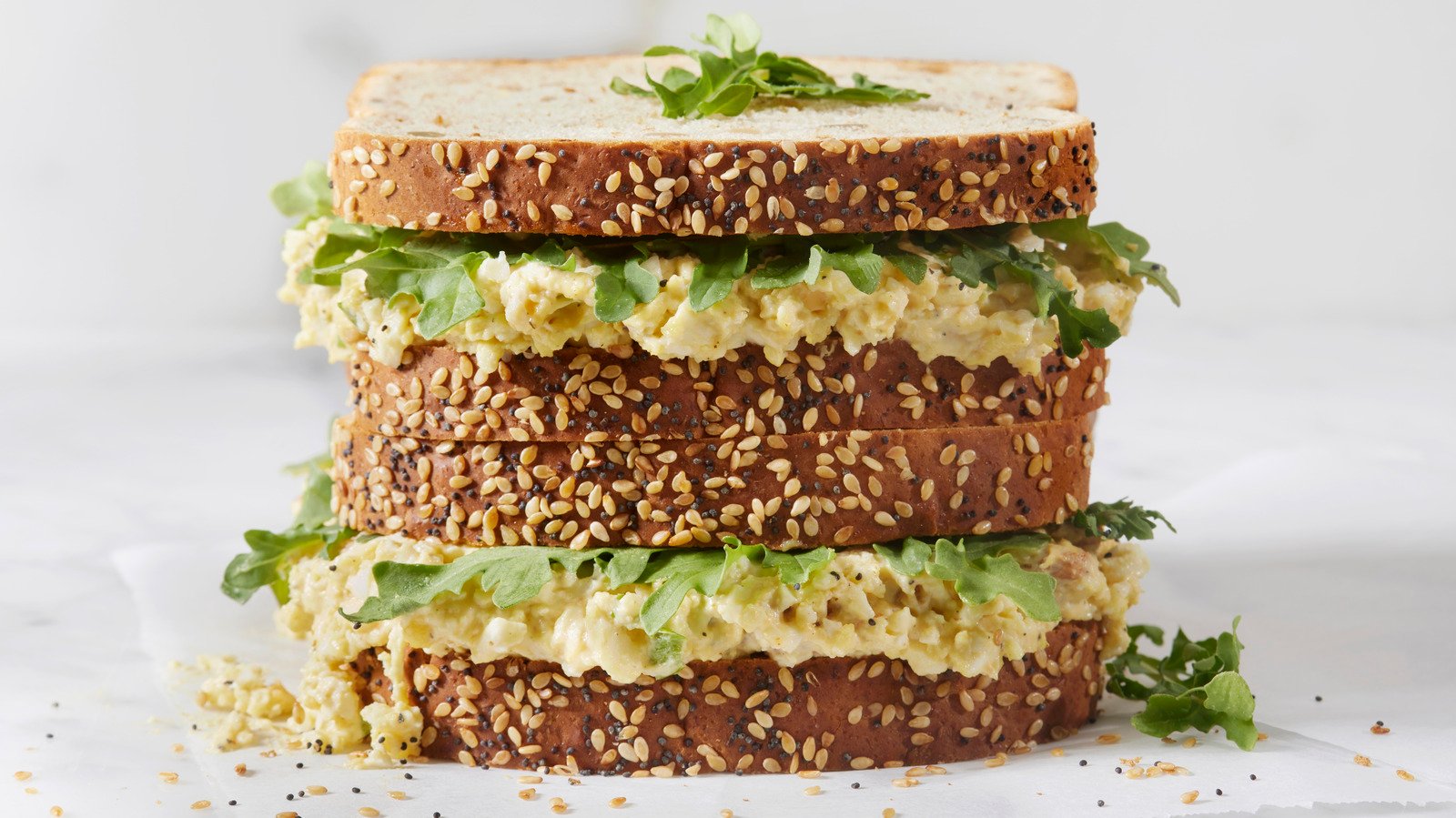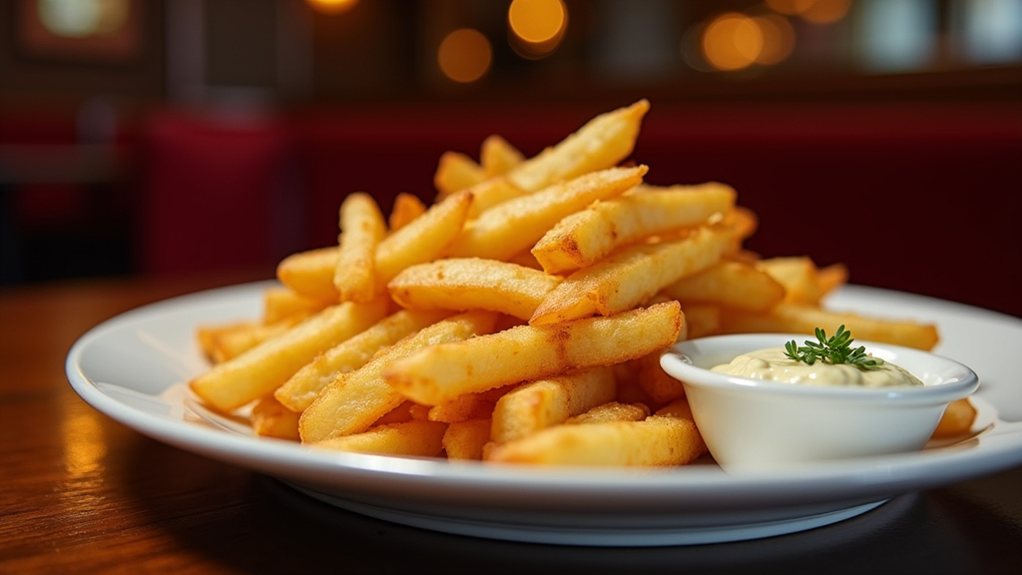Many home cooks face the common kitchen conundrum: halfway through recipe preparation, they find an empty olive oil bottle. The substitution of vegetable oil offers a practical solution, though the two oils differ greatly in flavor profile and nutritional composition. Vegetable oil, with its neutral taste, can seamlessly replace olive oil in a 1:1 ratio for most cooking applications. However, the rich, sometimes peppery notes that make Mediterranean dishes sing will be noticeably absent, prompting some culinary creativity to restore complexity.
Understanding the Olive Oil vs. Vegetable Oil Difference
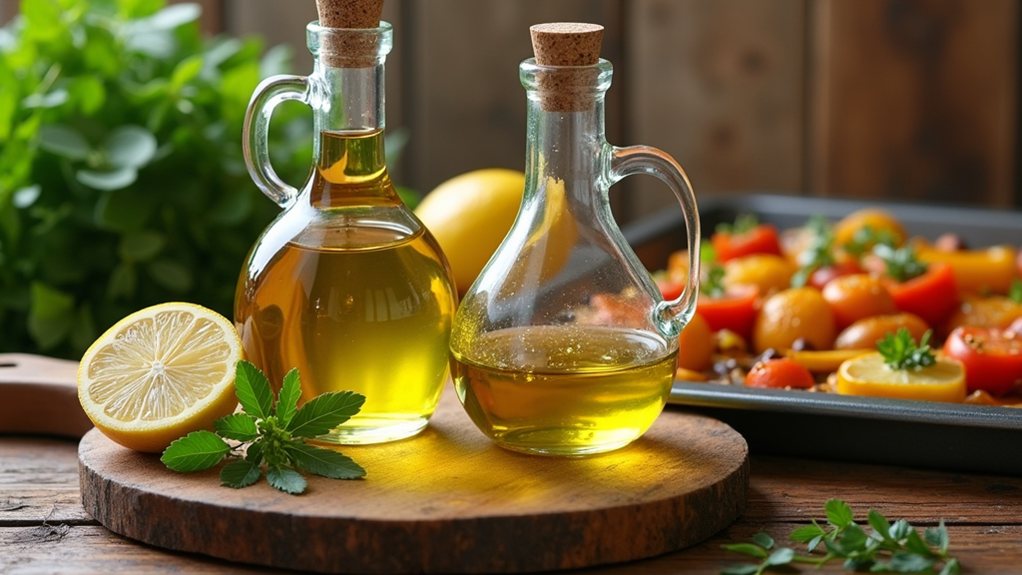
The decision to swap olive oil for vegetable oil in cooking and baking represents more than a simple ingredient substitution; it introduces significant changes in flavor, nutrition, and culinary outcomes. When making this switch, cooks should consider that vegetable oil offers a neutral flavor profile, while olive oil delivers distinctive notes of pepper and bitterness that differ based on the olive varieties used in production. This flavor distinction might dramatically alter the taste of certain recipes, particularly those where oil serves as a prominent flavor component.
From a nutritional standpoint, olive oil contains higher levels of monounsaturated fats and retains valuable antioxidants and polyphenols due to its cold-pressing production method. Vegetable oils, typically blends of canola, soybean, and other refined oils, undergo chemical processing that strips away many of their original nutrients. The health benefits of olive oil’s anti-inflammatory properties and heart-healthy fats may justify its typically higher price point, despite vegetable oil being the more economical option. The extraction of vegetable oils typically involves high heat and solvents that can diminish their nutritional value. Extra virgin olive oil has a shorter shelf life span of 12-18 months compared to refined vegetable oils, which can last up to two years.
While vegetable oils are cheaper, olive oil’s richer nutritional profile and health-promoting properties make it worth the investment.
Cooking methods also influence the effectiveness of this substitution. For sautéing and stir-frying, olive oil performs admirably due to the lower heat requirements, but deep frying might favor vegetable oil’s neutrality. In baking, the oils can often replace each other in a straightforward 1:1 ratio, though olive oil will impart its characteristic flavor to the finished product. Extra virgin olive oil is particularly valuable for cooking as it has a lower smoke point that prevents the formation of harmful compounds during cooking. Similar to coffee beans that can be frozen for preservation, olive oil should be stored properly to maintain its flavor integrity and nutritional benefits.
Salad dressings and marinades particularly benefit from olive oil’s robust flavor profile, creating more complex and interesting culinary results. When budget concerns necessitate using vegetable oil instead of olive oil, the cost difference per serving is actually minimal. Many home cooks find that maintaining both oils in their pantry allows for strategic usage based on the specific dish and desired outcome.
The chemical composition differences between these oils—olive oil’s oleic acid content versus vegetable oil’s polyunsaturated fat profile—further influence their performance in diverse cooking applications, making each valuable for different purposes in the kitchen.
